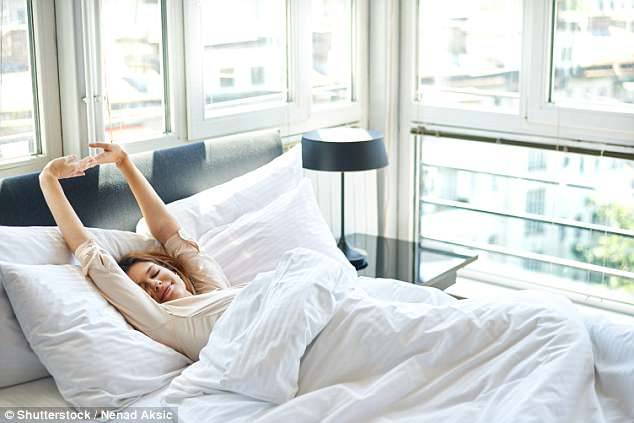Women who wake up early are less likely to develop depression, according to research Published in the Journal of Psychiatric Research.
Early Rising Women Are Less Likely To Develop Depression Than Night Owls
What Is Depression?
Depression (major depressive disorder) is a common and serious medical illness that negatively affects how you feel, the way you think and how you act.
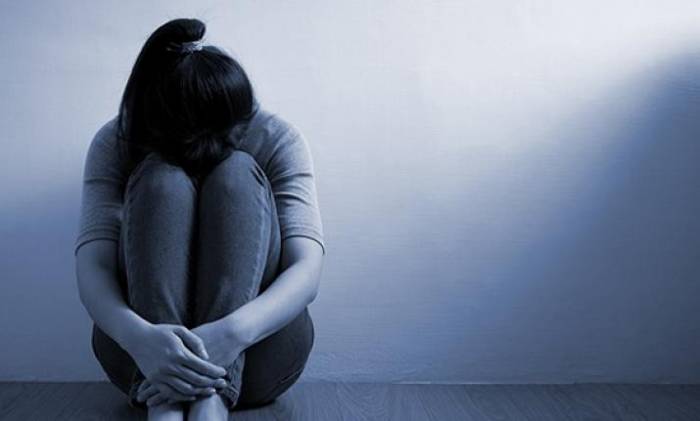
According to the World Health Organization (WHO):
Depression is the most common illness worldwide and the leading cause of disability. They estimate that 350 million people are affected by depression, globally.
Depression seems to be more common among women than men.

Symptoms of depression
Feelings of helplessness and hopelessness.
Loss of interest in daily activities
Anger or irritability
Loss of energy
Sleep changes
Guilt
Appetite or weight changes
Reckless behavior
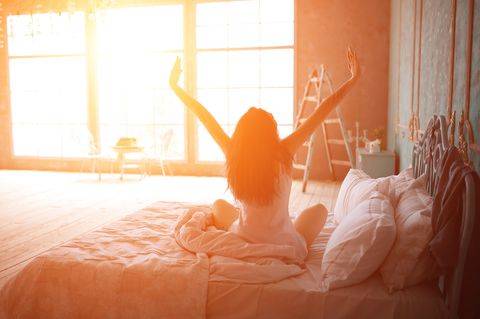
Lack of sleep
Lack of Sleep May Cause Depression, Anxiety. Researchers in the U.K. have found that difficulty sleeping can cause or worsen depression, anxiety, paranoia, and hallucinations.

Early risers are less likely to develop depression
Early to bed and early to rise makes a man healthy, happy and slim, according to new research. A study of more than 32,000 women published in the Journal of Psychiatric Research found that those who would describe themselves as 'early birds' are at a lower risk of the mental illness due to greater exposure to daylight.

The relationship between mood disorders and chronotype (a person's natural preference for when they like to sleep and stay active).
Researchers found that the early birds had a 12 to 27 percent reduced risk of developing depression.
Lead study author Céline Vetter said: "Our results show a modest link between chronotype and depression risk,"This," she adds, "could be related to the overlap in genetic pathways associated with chronotype and mood."

Dr. Vetter added.
"Yes, chronotype is relevant when it comes to depression but it is a small effect. Being an early type seems to benefit, and you can influence how early you are."
She adds trying to get enough sleep, exercise, spending time outdoors, dimming the lights at night, and getting as much daylight as possible are all helpful.
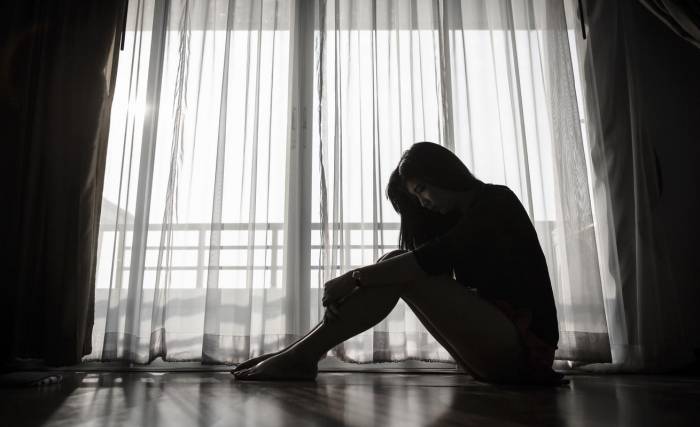
Depression risk factors
The women involved in the experiment were monitored for a four-year period and depression risk factors such as physical activity, chronic disease, and body weight were also taken into account.
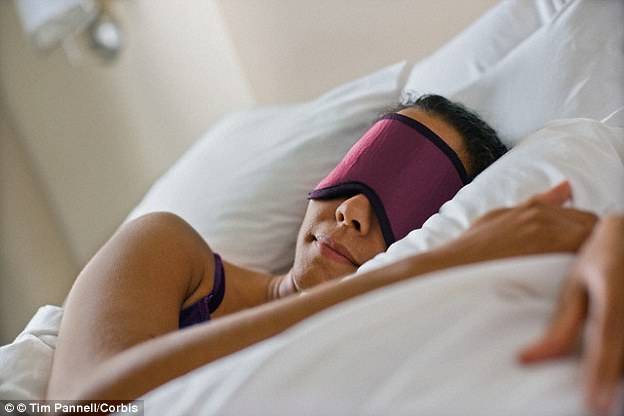
Less likely to be married
The research also found night owls are less likely to be married and more likely to live alone, be smokers, and have erratic sleep patterns all of which could increase depression risk.
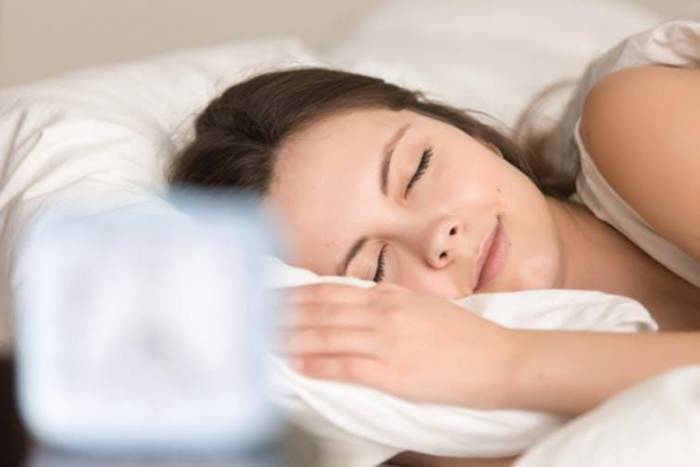
The team's findings are reported in the Journal of Psychiatric Research.
This is the biggest and most thorough study on the link between mood disorders and chronotype conducted to date.

Night owls needn't despair because . . .
The previous study found them to be brainier than those who leap out of bed when it is still dark.

The British study found.
To be precise, the brainiest go to bed at 29 minutes past midnight - while least clever turn off the bedroom light at 11.41pm.
